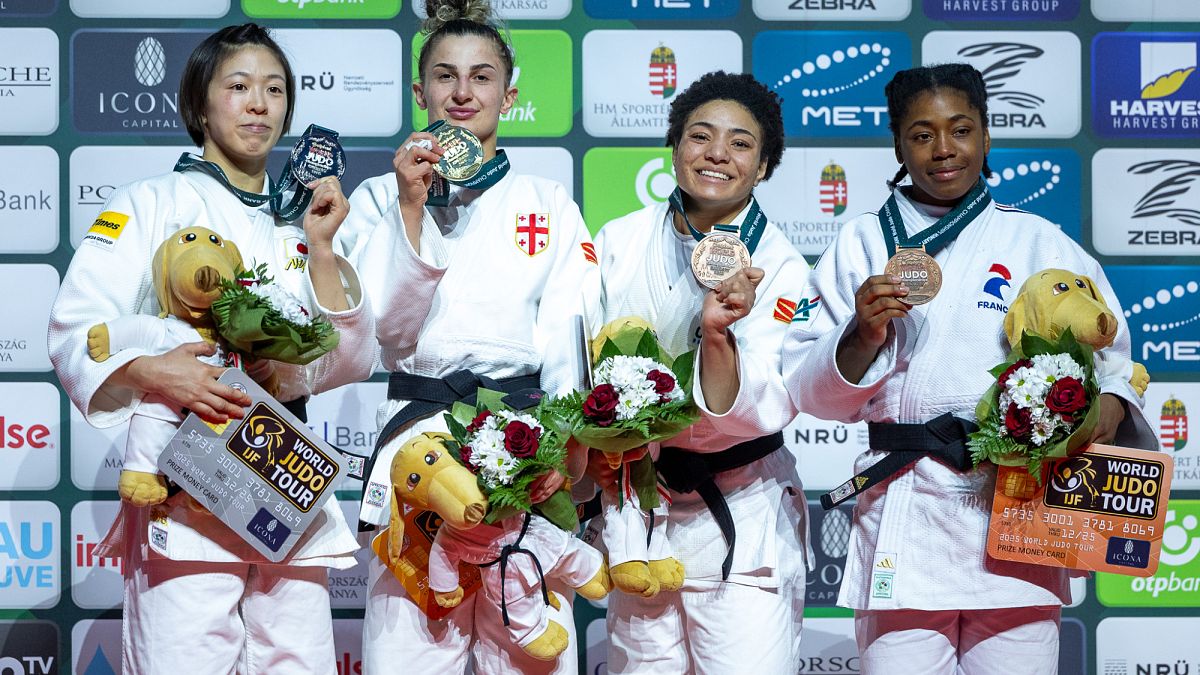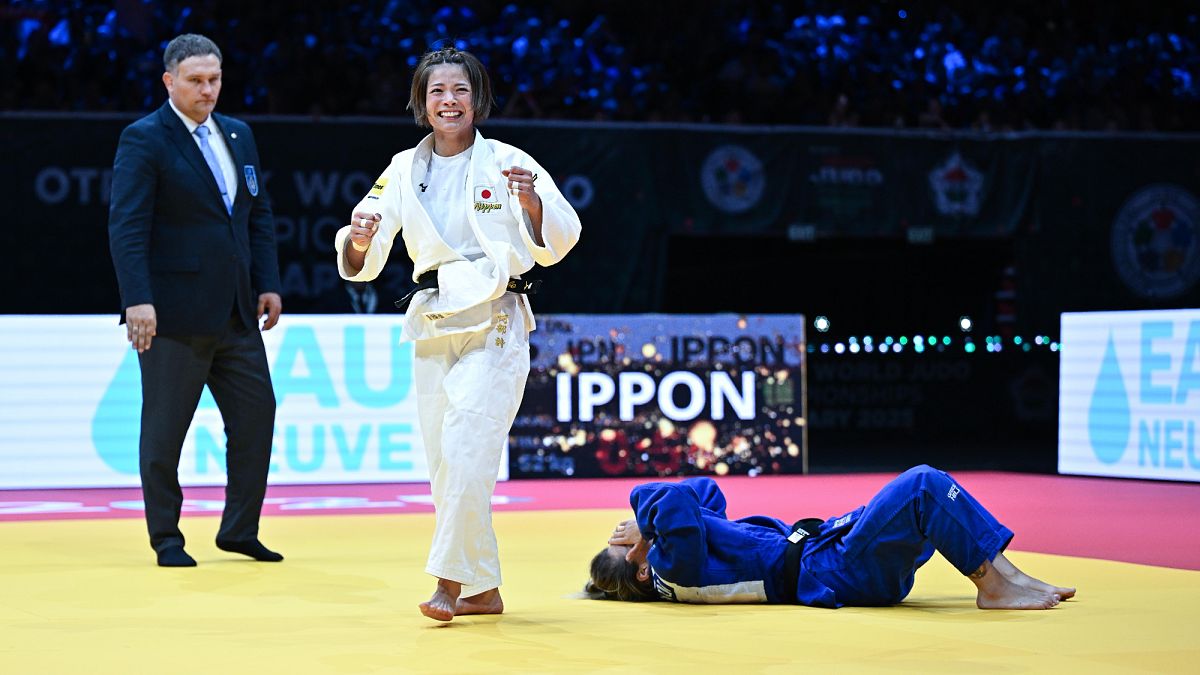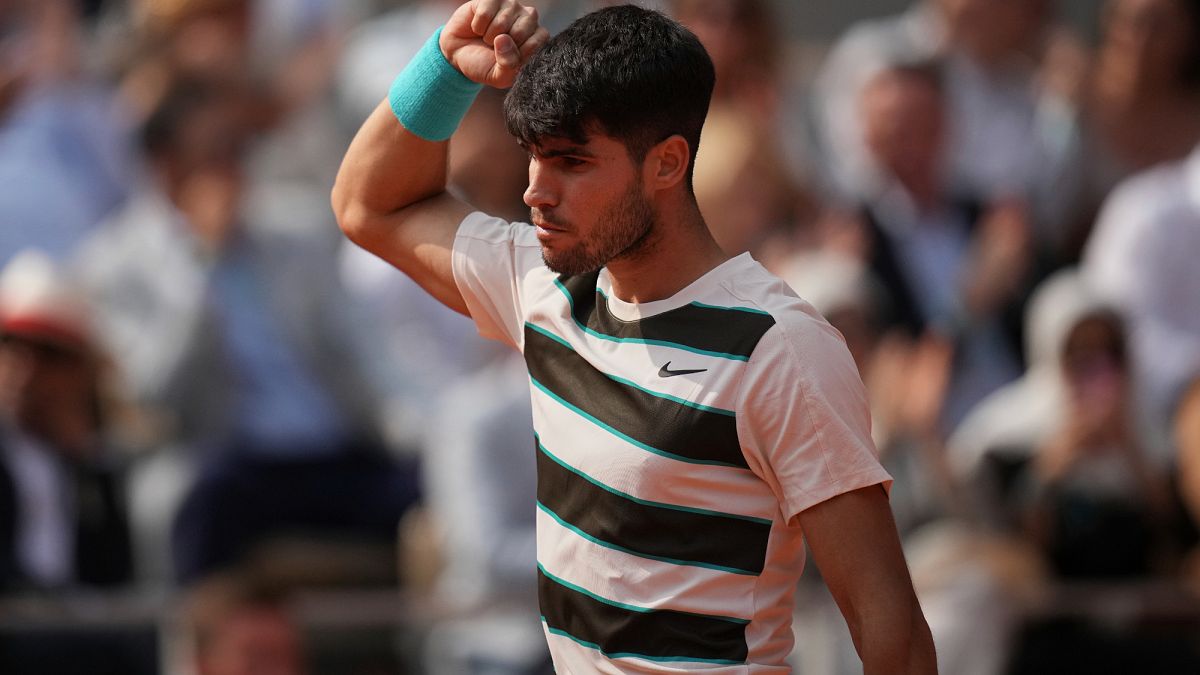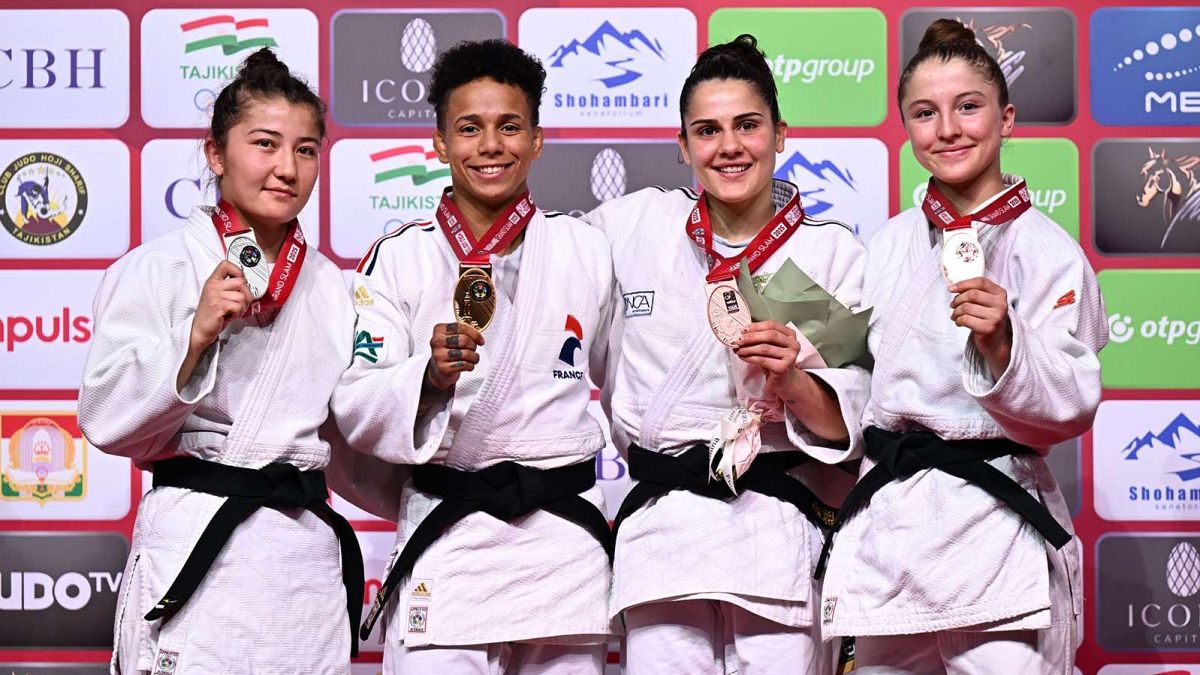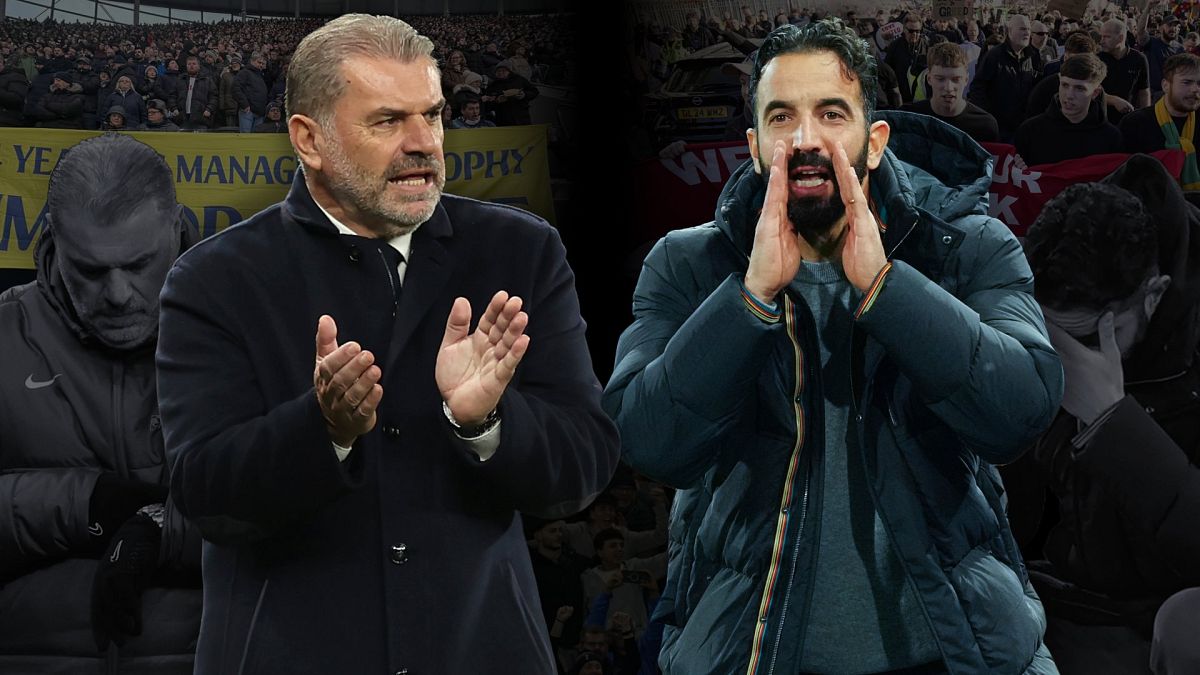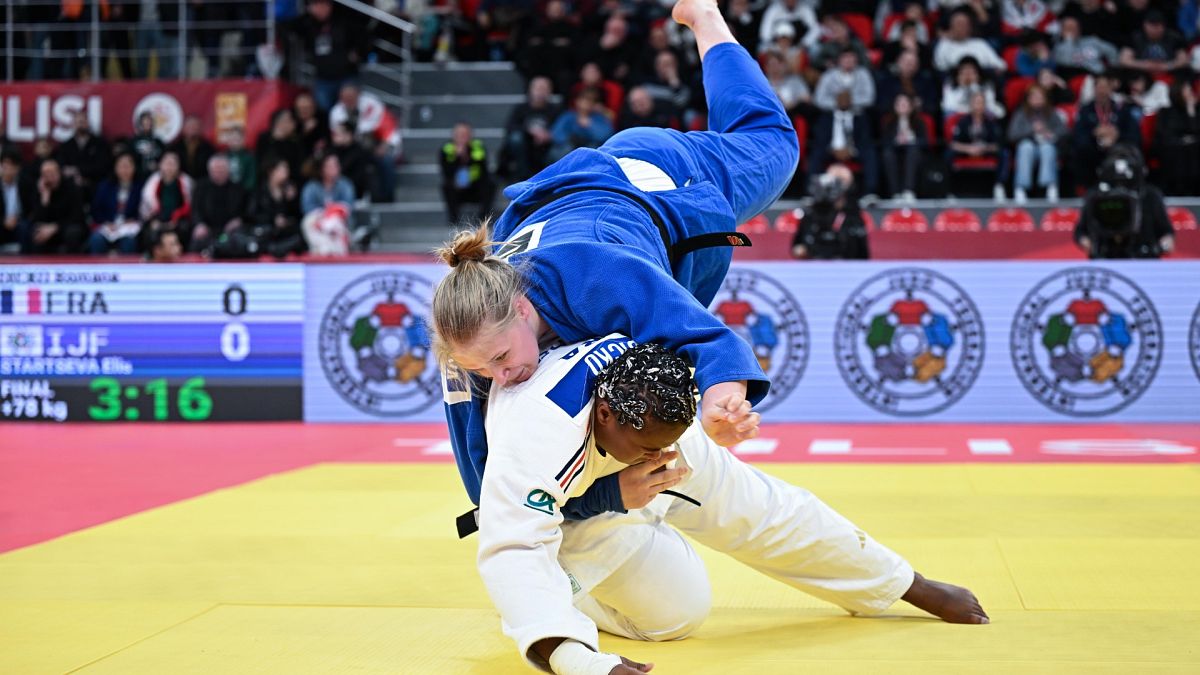Circular economy: can hotels recycle wastewater from tourism?
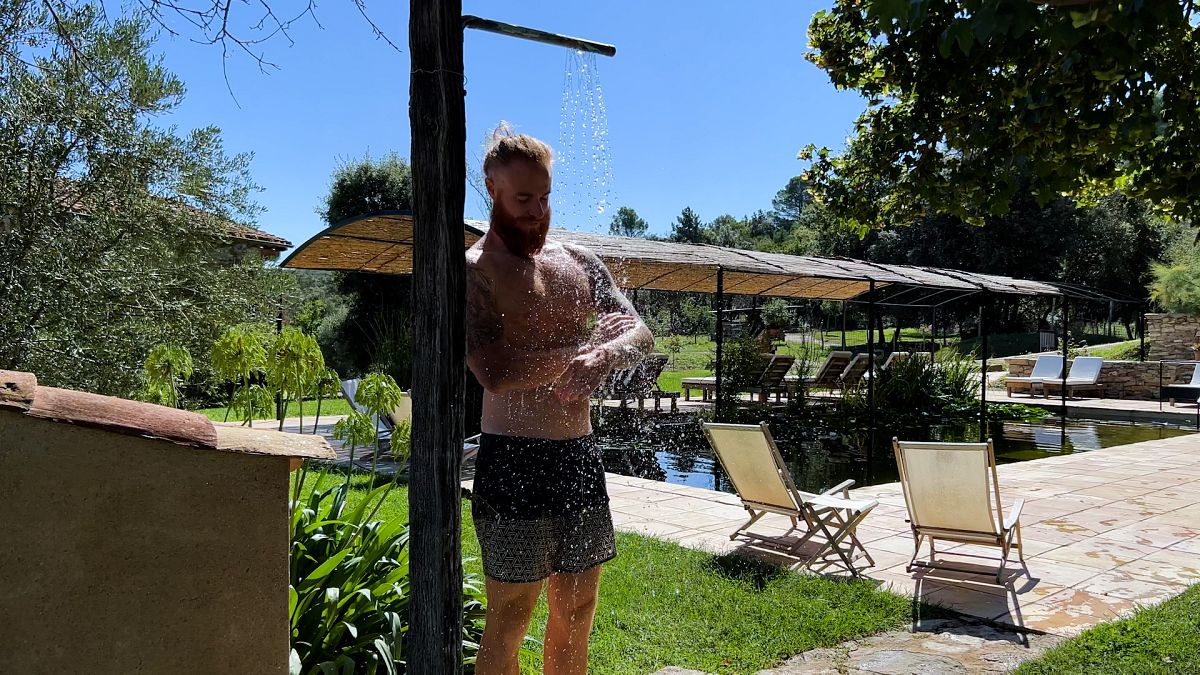
In regions of Europe where water is scarce, hotels are looking for ways to rationalise and recycle the water consumed by tourists. Some initiatives have been highlighted by the European project WAT’SAVEREUSE, led by Pyrenees–Mediterranean Euroregion.
“The future of our businesses depends on it. If we don’t do what’s necessary now, it will be too late,” says Pascal Mangin, manager of Les Mimosas campsite, located in Portiragnes, in the south of France. This summer, he claims to have saved 15% on water consumption per tourist, the result of several measures taken throughout his campsite.
When he dug the campsite’s first swimming pool with his father several decades ago, he had no idea that water would become a rare commodity in Occitania. The pressure on groundwater is a cause for concern in this region where hundreds of thousands of tourists converge every year.
With its water park comprising a wave pool, various waterslides, jacuzzis and a children’s pool, Les Mimosas campsite is a major consumer of water. Pascal Mangin has embarked on a mission to drastically reduce his impact on the resource.
For example, he decided to treat the water in the individual bungalow jacuzzis himself, instead of sending it to the main drainage system after the departure of each family. He has also replaced the shower systems to make them more water-efficient.
The biggest savings have been made in the swimming pool sector, by replacing the old sand filters with a synthetic material previously used in the drinking water sector. According to Mangin, “three times less water” is used for backwashing.
Another major change has been the introduction of a digital health logbook, which enables real-time monitoring of the consumption of each installation and helps to keep better track of the most resource-hungry items and detect any leaks.
A paradigm shift in the tourism sector
These investments were partly funded by the Occitania region, where tourism accounts for around 10% of the region’s wealth, and which is threatened by a water shortage due to decreasing rainfall.
“Our vision is of mass tourism that is sustainable and takes account of available resources,” says Eric Cadore, Chairman of the Occitania region’s Water and Risk Prevention Commission.
“We are carrying out strong and symbolic operations that can then be developed on other sites. We are anticipating the future and ensuring that water policies enable us to adapt to climate change, which is having a major impact on people’s lives and the economy,” the regional councillor adds.
The regional development agency, AD’OCC, is also supporting Les Mimosas campsite in its next challenge: to recycle the grey water from the bungalows using ultraviolet filters, as is done on boats. On one pilot bungalow, the water from the showers and washbasins is treated before being sent to the toilets, with a quality that is “almost drinkable”, according to Pascal Mangin.
The campsite took part in the European WAT’SAVEREUSE project, funded by the European Union’s LIFE programme, which aimed at promoting the circular economy in the tourism industry.
“Tourists come here to relax and consume a lot of water. Except that we don’t have any,” points out Xavier Bernard-Sans, Secretary General of the Pyrenees-Mediterranean Euroregion, which initiated and then steered this Franco-Spanish project.
Between 2020 and 2023, WAT’SAVEREUSE brought together local authorities, water agencies and tourism professionals from Catalonia, the Balearic Islands and Occitania to run a number of awareness-raising campaigns.
“Water was not a priority 20 years ago. Some establishments are ageing and in need of renovation,” sums up Xavier Bernard-Sans. “The big hotel chains have the financial capacity and the will to go green, but small family-run hotels find it harder because it requires major investment. Hence the interest in pooling them,” he says.
Highlighting innovative initiatives
Increasing the proportion of water reused is a priority for the European Union, which has adopted new regulations in this area. While France recycles less than 1% of its wastewater, Spain has achieved a rate of around 14%, making it one of the most advanced countries on the continent.
On the other side of the Spanish border, the Can Buch hotel, located on the heights of Girona, was also singled out as part of the European project for its efforts in terms of circularity. More than half of the water consumed comes from rainwater collected on the roofs of the buildings.
“Every year it rains less and water consumption increases. Understanding the circuits we can give to the little water we have to make the most of it makes us more sustainable over time,” explains the founder of Can Buch, Gerard Bofill, who has renovated an old farm dating from 1622 to turn it into a place conducive to ecotourism and regenerative agriculture.
The hotel collects an average of 1.5 million litres of water a year from its roofs. It passes through several filters before flowing into the taps and showers and even a natural swimming pool, which the amphibians share with the tourists. The water is heated using wood cut as part of a fire prevention plan.
All wastewater is sent to a plant-based filtration station. A local species of plant is used to treat the water, which is then used for the farm’s garden, whose produce garnishes the restaurant’s plates.
“In another hotel, this water would be thrown away. Here, we give it a second life. The aim is always to try to close the circle,” explains Bofill, who adds that “the farm produce will be served in the restaurant, and the leftovers go back to the animals. What they don’t eat will be used as compost for the soil”.
The former football player says his philosophy is to import as few resources as possible. 67 solar panels guarantee the hotel’s electricity consumption, which is not connected to the public electricity network. The Catalan entrepreneur has won several awards, including funding from the European rural development programme LEADER.
Gerard Bofill assures that he has managed to ensure the viability of his hotel, not only financially, but also in terms of energy and nature: “When we arrived here, we carried out analyses on biodiversity, the amount of organic matter in the soil and the amount of water. Today, we have double that.”
Source: Euro News


